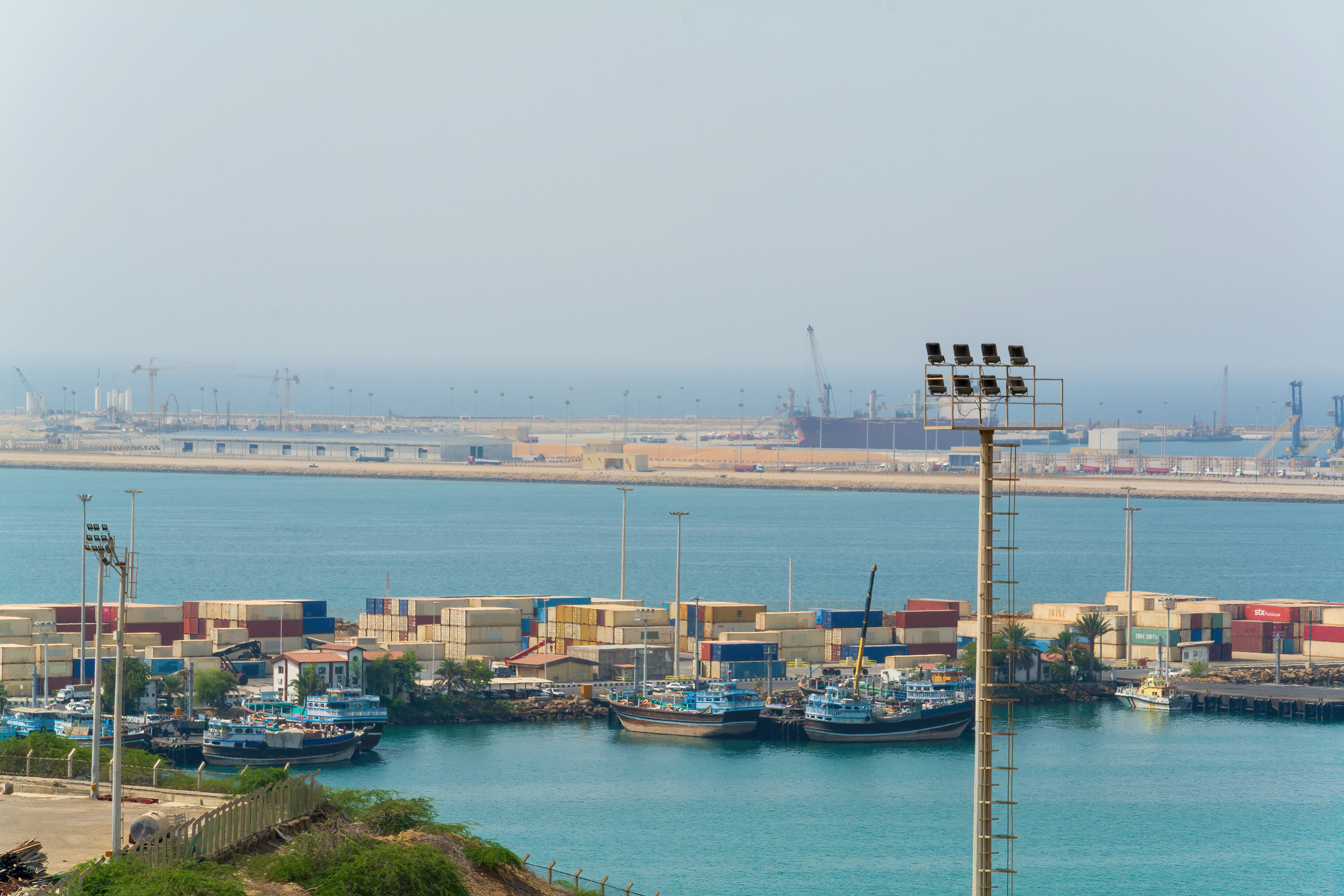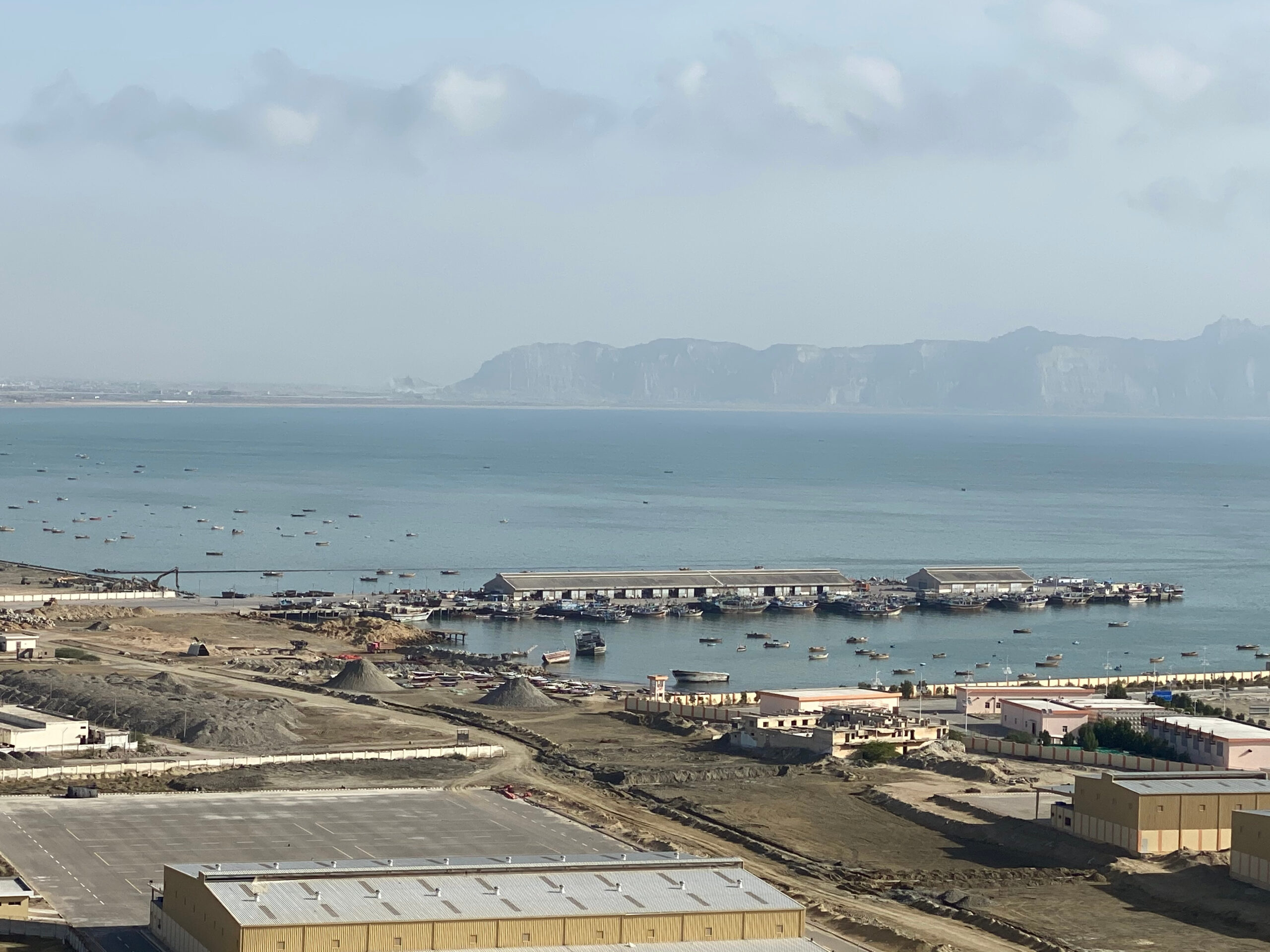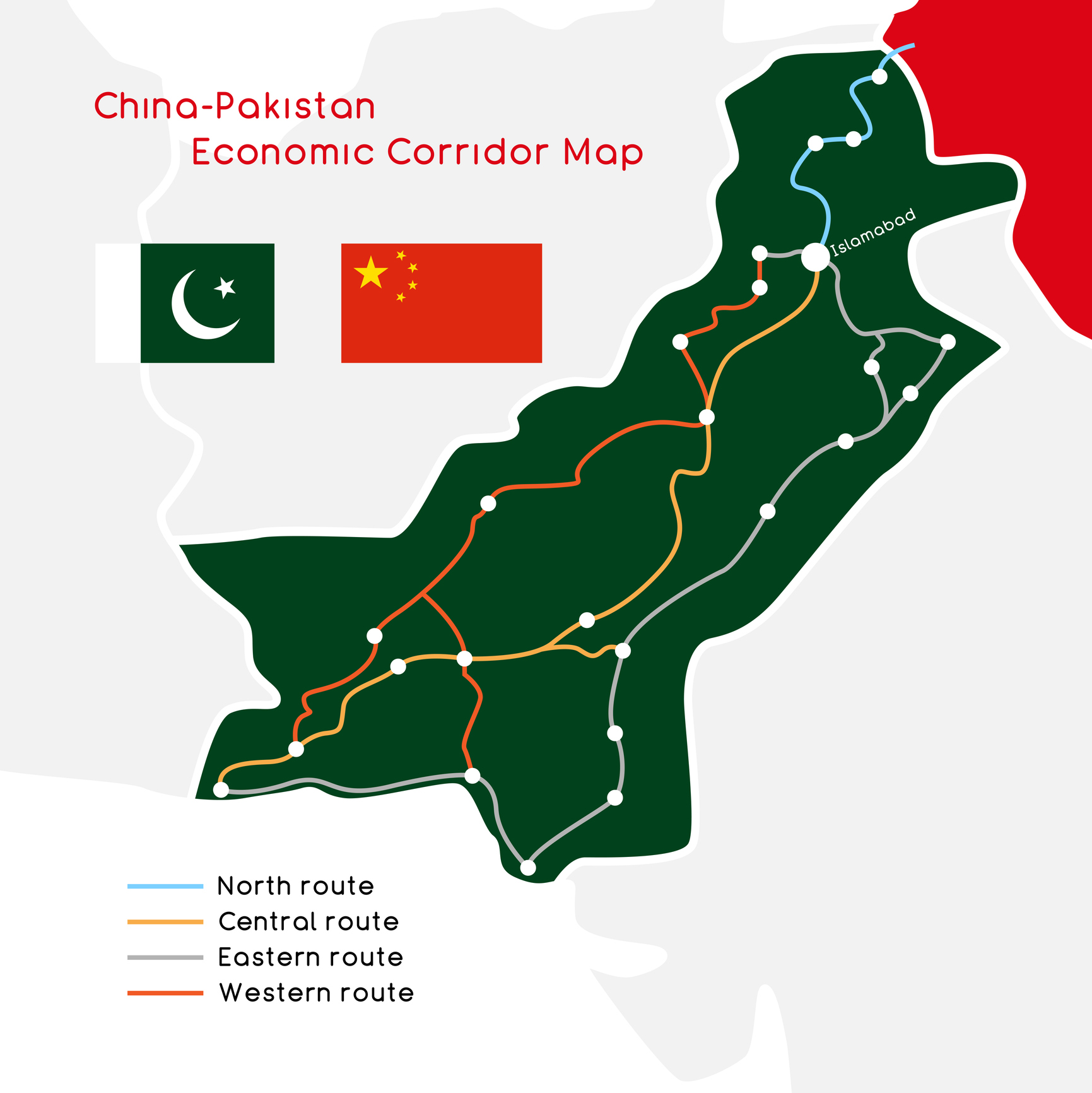
Chabahar Port is a game-changer for regional integration. It aligns perfectly with the global push for stronger regional connections and cooperation. By creating a vital trade route to Central Asia and Afghanistan, Chabahar has the potential to be an engine for economic growth and stability across South Asia.
This project goes beyond just trade. It fosters collaboration between neighboring countries and could pave the way for improved diplomatic relations, especially between India, Iran, and Pakistan. In a world increasingly focused on regional cooperation for economic development and peace, Chabahar Port stands out as a beacon of hope for a more interconnected and prosperous South Asia.
Pakistan can find a strategic advantage in the Chabahar Port development, especially when viewed alongside Gwadar Port.
Chabahar acts as a complementary project, offering Pakistan a vital gateway to Central Asia and Afghanistan. This translates to a shorter, more efficient trade route compared to traditional, often cumbersome, options.
Pakistan’s Gwadar Port is a game-changer, and Chabahar in Iran can become its perfect partner, not a competitor. Imagine both ports working together to supercharge regional trade! Goods arriving at Chabahar could be seamlessly transported to Gwadar for distribution across Pakistan and beyond. This creates a powerful synergy that benefits everyone.
Furthermore, Chabahar can connect with the China-Pakistan Economic Corridor (CPEC), a cornerstone of Pakistan’s economic strategy. This link-up strengthens the entire regional trade network, positioning Pakistan as a crucial hub.
Think about Afghanistan, a landlocked nation relying on neighbors for trade. By utilizing Chabahar, Pakistan can boost trade with Afghanistan, fostering economic and political stability in the region. A thriving Afghan economy reduces the risk of extremism spilling over into Pakistan, creating a win-win situation.
Sticking to one trade route is like putting all your eggs in one basket. Political tensions or security issues can disrupt traditional routes, leaving your economy vulnerable. Chabahar offers Pakistan a game-changing solution – a diversified trade route! This reduces dependence on any single path, boosting overall trade security.

Gwadar Port : shutterstock
Imagine Pakistan getting its energy fix from a reliable neighbor! Iran, rich in resources, can use Chabahar to export oil and gas directly to Pakistan. This could be a game-changer for Pakistan’s energy needs. The port can also facilitate the long-awaited Pakistan-Iran gas pipeline project, providing a steady and cost-effective energy supply. Say goodbye to energy shortages and hello to booming industries!
But the benefits go beyond energy. The Chabahar Free Trade-Industrial Zone (FTZ) is a magnet for Pakistani businesses. Imagine tax breaks, streamlined logistics, and a prime location – a recipe for success! Pakistani businesses and investors can set up shop in the FTZ, leading to a surge in production, exports, and job creation.
The successful development of Chabahar has the potential to solidify the strategic partnership between India, Iran, and Pakistan, particularly if Pakistan prioritizes the development of its road and rail networks with Iran.
Additionally, the port can serve as a compelling counter-argument to the United States’ stance on restricting Pakistan’s access to affordable Iranian energy resources. As more countries participate in the Chabahar Belt, Pakistan can leverage this broader regional engagement to substantiate its case in favor of the Pakistan-Iran gas pipeline project.
The full development and utilization of the Chabahar Port project are clouded by a significant factor. The US has implemented a stringent sanctions regime against Iran, impacting its economy and limiting its ability to engage in international trade and investment. These sanctions have already hampered Iran’s ability to attract foreign investment and hinder the development of critical infrastructure projects, including Chabahar.
Furthermore, any potential escalation in US-Iran tensions, such as the imposition of new sanctions or even military confrontations, could further imperil the project’s success. This inherent uncertainty creates a challenging environment for businesses and countries to commit long-term investments to the port. Consequently, this hinders Chabahar’s potential to evolve into a major regional trade hub.

The success of the Chabahar Port project hinges not only on navigating the complexities of US-Iran relations but also on addressing significant security concerns. The region surrounding Chabahar is unfortunately susceptible to piracy and terrorism, posing a real threat to the project’s viability. Establishing robust security measures for the port and its connected trade routes is paramount to attracting and retaining international trade and investment. Without such measures, the risk of attacks could act as a significant deterrent for potential users, disrupting trade activities and jeopardizing the project’s envisioned economic benefits.
Furthermore, the project has the potential to become a point of contention between Pakistan and India. Many in Pakistan view Chabahar as a direct competitor to their own Gwadar Port, a linchpin of the China-Pakistan Economic Corridor (CPEC). India’s involvement in Chabahar is perceived by some as a strategic move to counterbalance Pakistan’s regional influence. This perception could exacerbate existing tensions and ignite competition between the two countries, potentially impacting regional stability. This rivalry could manifest in diplomatic disputes, hinder cooperation in other areas, and even lead to increased military posturing, further complicating the geopolitical landscape of South Asia.
The India-Iran Chabahar Port project presents a complex scenario for Pakistan. While it carries the potential to strengthen regional ties and economic activity, there are also security and political considerations.
A thorough Pakistani perspective reveals that the project’s benefits could outweigh the drawbacks. By addressing security concerns, overcoming political hurdles, and prioritizing sustainable development, Chabahar could become a catalyst for economic growth and a potential bridge towards reducing regional tensions.
Therefore, for Pakistan, strategically engaging with the project could unlock significant advantages. Participation would not only bolster the Pakistani economy but also create opportunities for improved regional relations.
